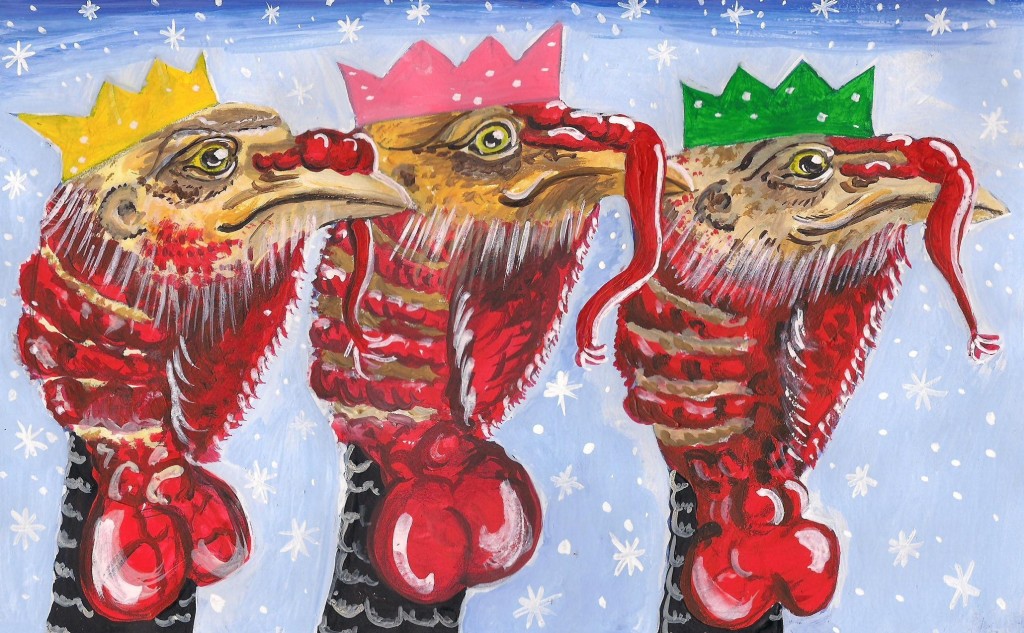Recently I was invited into Radio Leeds to do a One on One programme with presenter Liz Green. This involved an hour’s in depth interview, talking about my life and work and choosing a number of pieces of music that had special importance or significance for me at particular times. A little like Desert Island Discs. I could only pick 10 and that was so difficult but I winnowed it down and I’ve listed them below – without the associated memories. What would your ten tunes be?
(On another very vaguely related note, I am sometimes asked if I write to music. The answer is a resounding NEVER! I would have to work hard to block out the sound if there was music playing, even if it was instrumental. And it would interfere with me writing dialogue which I frequently speak aloud, playing all the parts myself.)
1. Getting to Know You (The King and I: Deborah Kerr/Marni Nixon)
2. My Boy Lollipop – Millie
3. Twist and Shout – Beatles
4. Ride A White Swan – T Rex
5. Sitting on the Dock of the Bay – Otis Redding
6. No Woman No Cry – Bob Marley and the Wailers
7. White Man at Hammersmith Palais – The Clash
8. The Wedding – Abdullah Ibrahim
9. Warm and Tender Love – Percy Sledge
10. My Baby Just Cares For Me – Nina Simone
